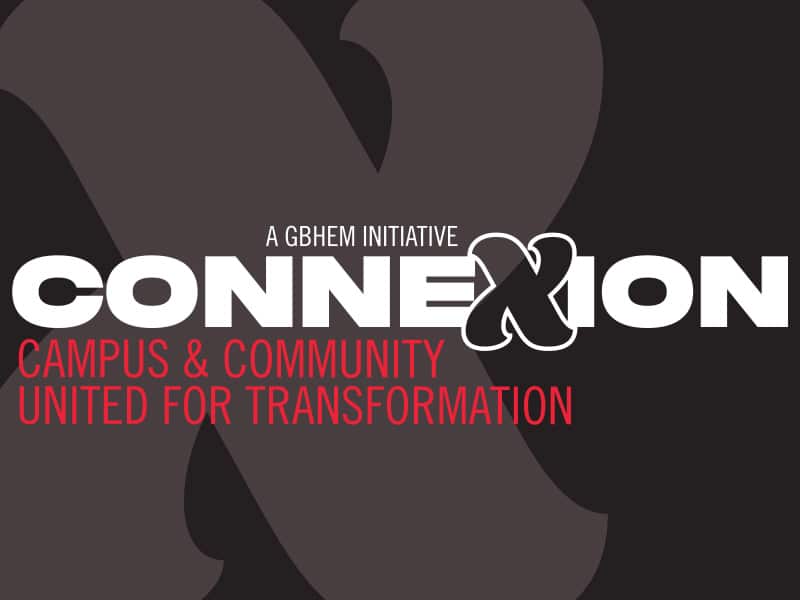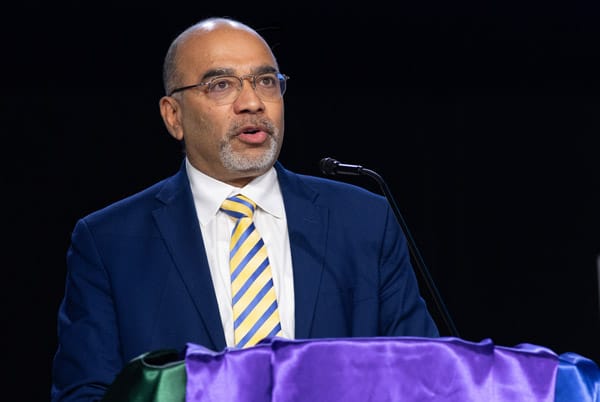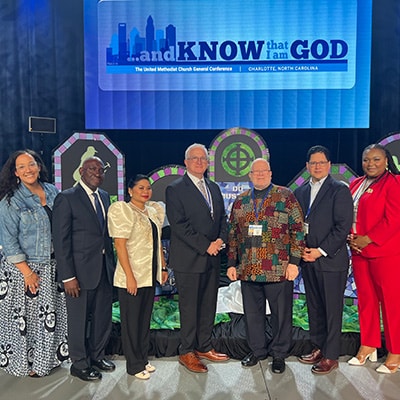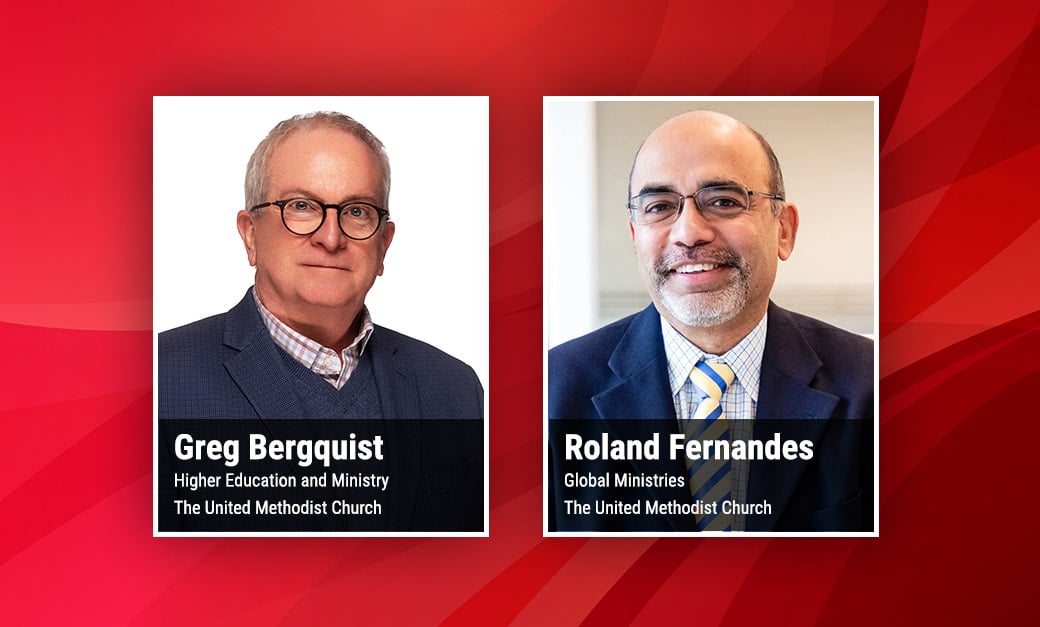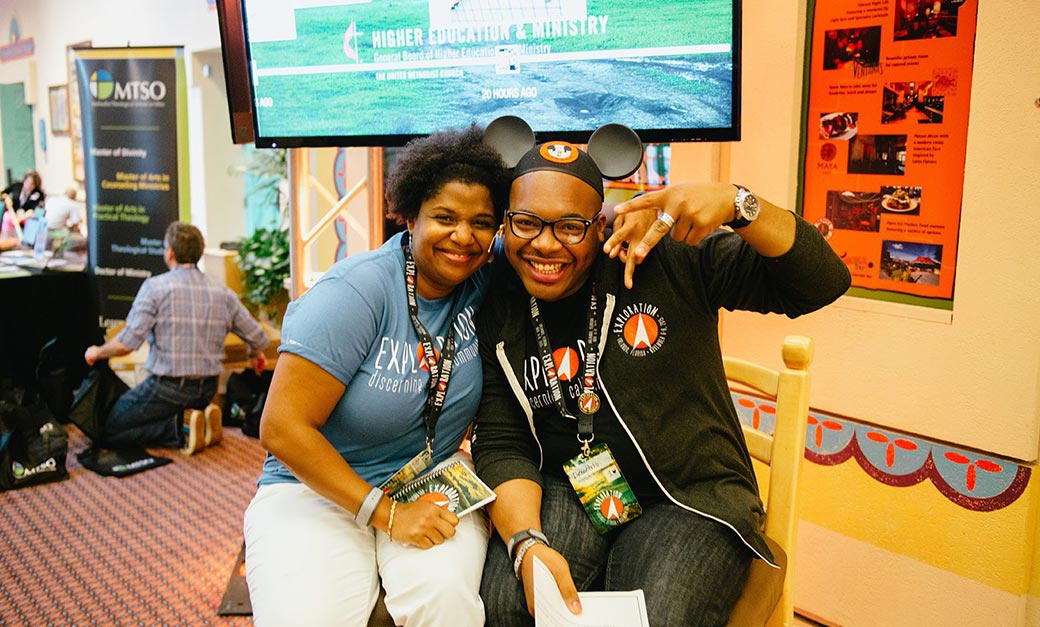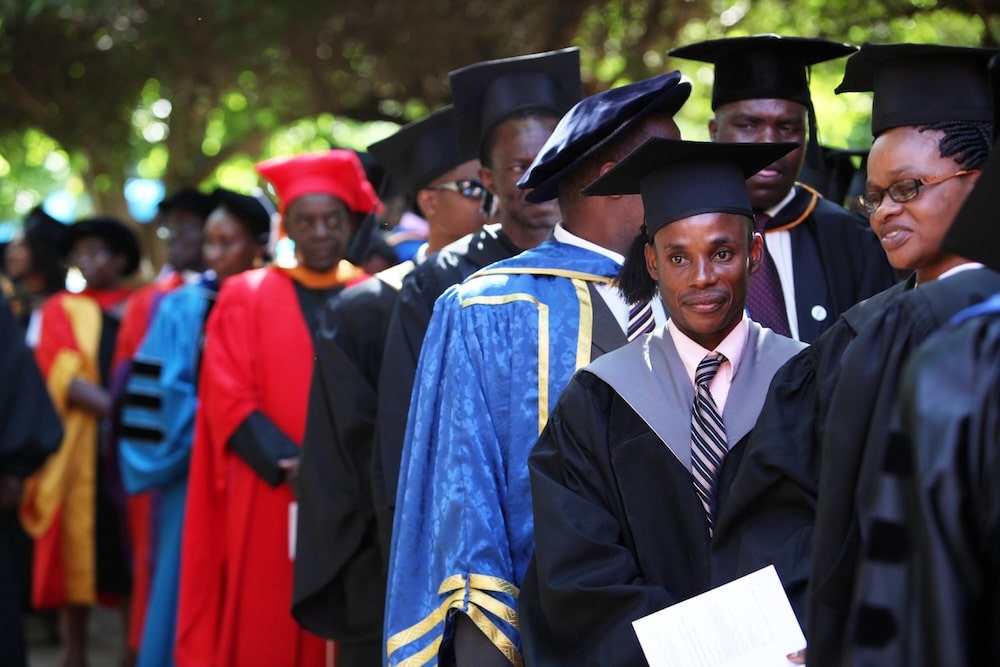Journey Toward Ordained Ministry Helps Seminarians Discover How God is Calling Them
The Rev. Carlos S. Reyes Rodriguez, Racial Equity and Community Engagement Manager, National Justice for Our Neighbors
By Barbara Dunlap-Berg, with biographical information courtesy of Global Ministries
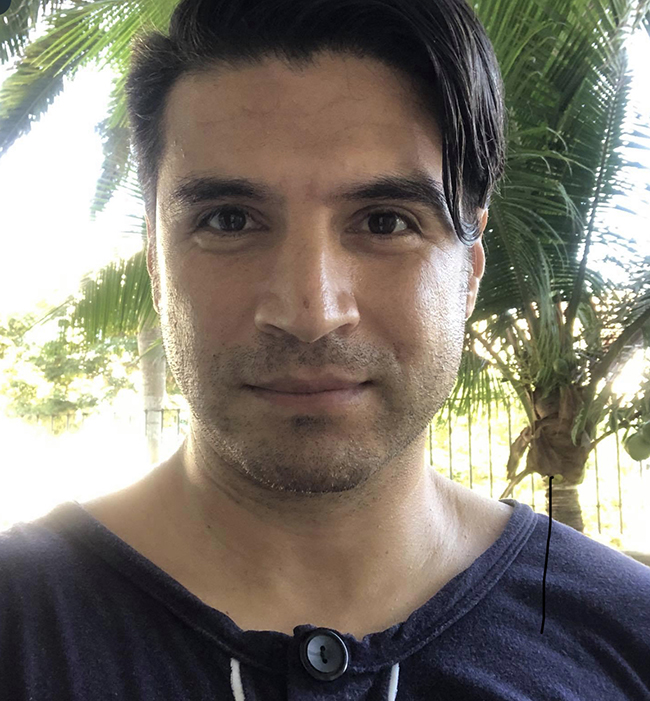
Growing up in Colombia, South America, Carlos S. Reyes Rodriguez was surrounded by people of many cultures and varying needs. “My mom was one of 14 children,” he said, “so she was always sharing. She taught my younger sister and me to be very sensitive to the needs of the community and to care for one another.”
Carlos was baptized and confirmed in the Roman Catholic Church, and he graduated from a Presbyterian school in Colombia. While studying toward a bachelor’s degree in journalism with a minor in political science and economics communications from the Universidad Autónoma del Caribe (Autonomous University of the Caribbean) in Barranquilla, Colombia, Carlos got a job with a local newspaper.
Yet, Carlos questioned his vocational path and decided to take time off to study English in the United States before returning to South America. Once in the U.S., a family from Elkton United Methodist Church in Maryland took Carlos under their wings. Within the church, Carlos found a community “intentionally seeking justice for the sake and redemption of humanity, especially for the ones who are looked down on or outcast.”
Soon Carlos became active at Elkton UMC, teaching Sunday school and assisting the pastor, Rev. Karen Bunnell. One day, Bunnell asked if Carlos had ever considered becoming an ordained minister. “I started connecting the dots about the purpose of my life on earth,” Carlos said. Soon, he was headed to Wesley Theological Seminary in Washington, D.C.
During Carlos’ second year in seminary, the Rev. David Martinez, director of contextual leadership formation at the General Board of Higher Education and Ministry, approached Carlos about the Journey Toward Ordained Ministry program. JTOM is open to undergraduate or graduate racial/ethnic minority United Methodist students who are at least 30 years old and pursuing a career in ordained ministry.
The $5,000-per-year scholarship and mentor support also includes an annual retreat at the board’s Nashville, Tennessee, headquarters, where participants learn more about the ordination process, self-awareness and interview skills.
“JTOM was a wonderful experience,” Carlos said. He especially appreciated the chance to learn with – and from – a cohort of fellow seminarians, “building a collective voice developed within the marginalized communities and bringing it up unapologetically to form my theology in the process of decolonization.”
He described the annual retreat as “an opportunity to be in community with people on a similar path. It is a space through which questioning and criticism are allowed among peers,” Carlos said. “In a short time, you can build your case for how God is calling you, participate in co-transformation of the world and find space to empower others.”
After a year as a JTOM mentee, Carlos became a mentor. “It has been a wonderful experience for me to share concerns and understandings of theology,” he said. Particularly helpful, he noted, is being challenged and nurtured to gain confidence for service in a predominantly Caucasian, U.S.-centrist church, “especially when confronting sinful forces like White supremacy, racism and xenophobia.”
Carlos earned a master’s of divinity degree in 2016 and was ordained a deacon in November 2020. Serving through the National Plan for Hispanic/Latino/a Ministries, Carlos was commissioned as a Global Ministries missionary in June 2019. He coordinated Hispanic and Latino Ministries for the Peninsula-Delaware Annual Conference through February 2021.
A minimum of almost 7 percent, perhaps more, of the population of the conference area – Delaware and the Eastern Shore of Maryland – is Hispanic/Latino/a. Carlos worked with conference leaders and local churches in planning and strengthening Hispanic/Latino/a ministries.
In March 2021, Carlos joined the National Justice For Our Neighbors (NJFON) staff committed to 18 sites throughout the United States. As the Racial Equity and Community Engagement manager, he leads the organization’s racial equity work by developing and implementing training materials that provide a theological framework for immigration issues and supporting advocacy work that centers the immigrant community.
A nonprofit organization affiliated with The United Methodist Church, NJFON serves as the backbone to a network of organizations by providing affordable, high-quality immigration legal services to low-income immigrants, engaging in advocacy for immigrants’ rights, and offering education to communities of faith and the public.
Carlos’ call to mission relates to his understanding of community. “As a missionary,” he explained, “I am called to live among the people to prophetically examine our real moral state and transform the corrupted images of humanity into the redemptive image God has made for creation. I am called to co-create parallel realities amid a greedy world by living through the hint of hope and change. I am called to live both the celebrations and pains that people have in connecting and sharing.
“I am in constant exploration of church and community,” Carlos added, although “they might seem opposites. Through faith, we work for transformation of the world – for love, justice and peace.” His goal, he said, is “to be an activist and to change policy-making practices through the lens of Jesus.”
United Methodist support of the Ministerial Education Fund is essential, Carlos said. “In a practical sense,” he noted, “following a calling does not make one financially rich. Providing financial support to seminary students continues a nurturing movement that, hopefully, serves best the faith and secular communities at large in the process of liberation.”
Related Posts
The General Board of Higher Education and Ministry (GBHEM) is excited to announce the launch of "Connexion," a new initiative that highlights the impact and stories of United Methodist-related institutions across the United States, fostering a deeper sense of community, support, and transformation across the denomination. What is Connexion? United...
Roland Fernandes, general secretary of the General Board of Global Ministries (GBGM) and the United Methodist Committee on Relief (UMCOR), has assumed leadership of the General Board of Higher Education and Ministry (GBHEM), effective July 1, 2024. Fernandes has served since the fall of 2020 as general secretary of GBGM and...
The process of uniting knowledge and vital piety is a theological core value of the Wesleyan tradition, The United Methodist Church, and the General Board of Higher Education and Ministry (GBHEM), which guides United Methodist higher education ministries. United Methodists are called to support principled Christian leaders around the...
